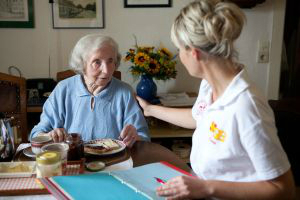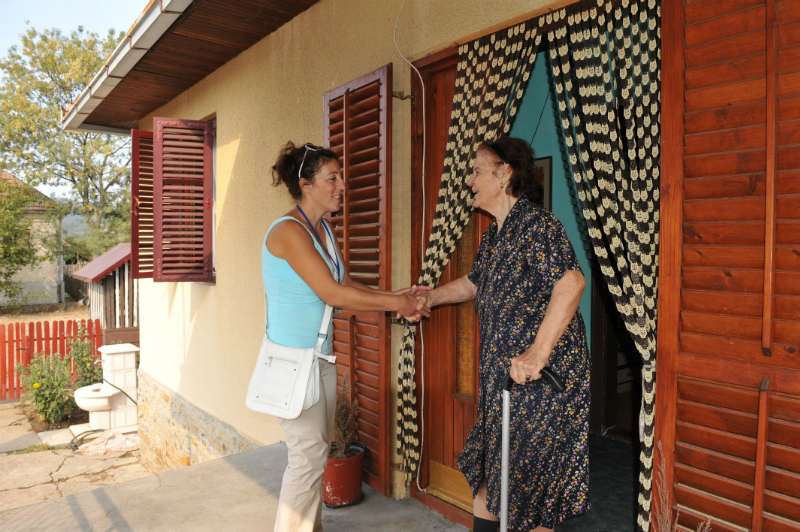Social Services
Social services – working together for the disadvantaged
The national welfare systems are more and more influenced by the development of the European Union. Our member organisations face common challenges. Therefore they pool the representation of their interests and most of all learn from each other through the exchange of best practices across borders.
Social Services in Europe
EU member states are brought ever closer together in an increasing number of areas of daily life.
While the European Union’s treaties do keep social policy and social law within the competences of the member states, there are tendencies of europeanisation in these areas.
The European legislative framework are consequently also influencing the supply of social services by increasing the importance of competition and economic considerations in these sectors. It can be expected that the respective national welfare systems will find themselves in a competitive situation. European cohesion will also redefine the relationship between public social services and social services of the third sector.
Within the meaning of the “observatory for the development of social services in Europe” social services, which are offered by public, non-profit making or private commercial organisations, will be defined as
- Personal services in accordance with simultaneous and location-bound interaction relations
- Social services within the meaning of professional and voluntary acts
- Social services within the meaning of an organisational-institutional framework for action
- The social benefit system of the welfare state including control media, law and financial issues.
Activities of the European Samaritan organisations
The activities of SAMARITAN INTERNATIONAL in the area of social services are as diverse as the European Samaritan organisations. Our focus is on the development and expansion of high quality social services in the areas
- Assistance and care for the elderly
- Aid for children and youth work
- Assistance for disabled people
- Support for victims of violence
- Support for disadvantaged groups
 The cooperation of SAM.I.’s members is defined through its advocacy for the disadvantaged and persons excluded from society. We concentrate on the creation of socio-political conditions in which participation of citizens and self-help capacities can be ensured, thus helping to overcome social hardship.
The cooperation of SAM.I.’s members is defined through its advocacy for the disadvantaged and persons excluded from society. We concentrate on the creation of socio-political conditions in which participation of citizens and self-help capacities can be ensured, thus helping to overcome social hardship.
Our member organisations all face these common challenges. Therefore they pool the representation of their interests and most of all learn from each other through the exchange of best practices across borders. A special concern of SAM.I.’s members is the inclusion of people who are disadvantaged because of age, special needs or life situations.


